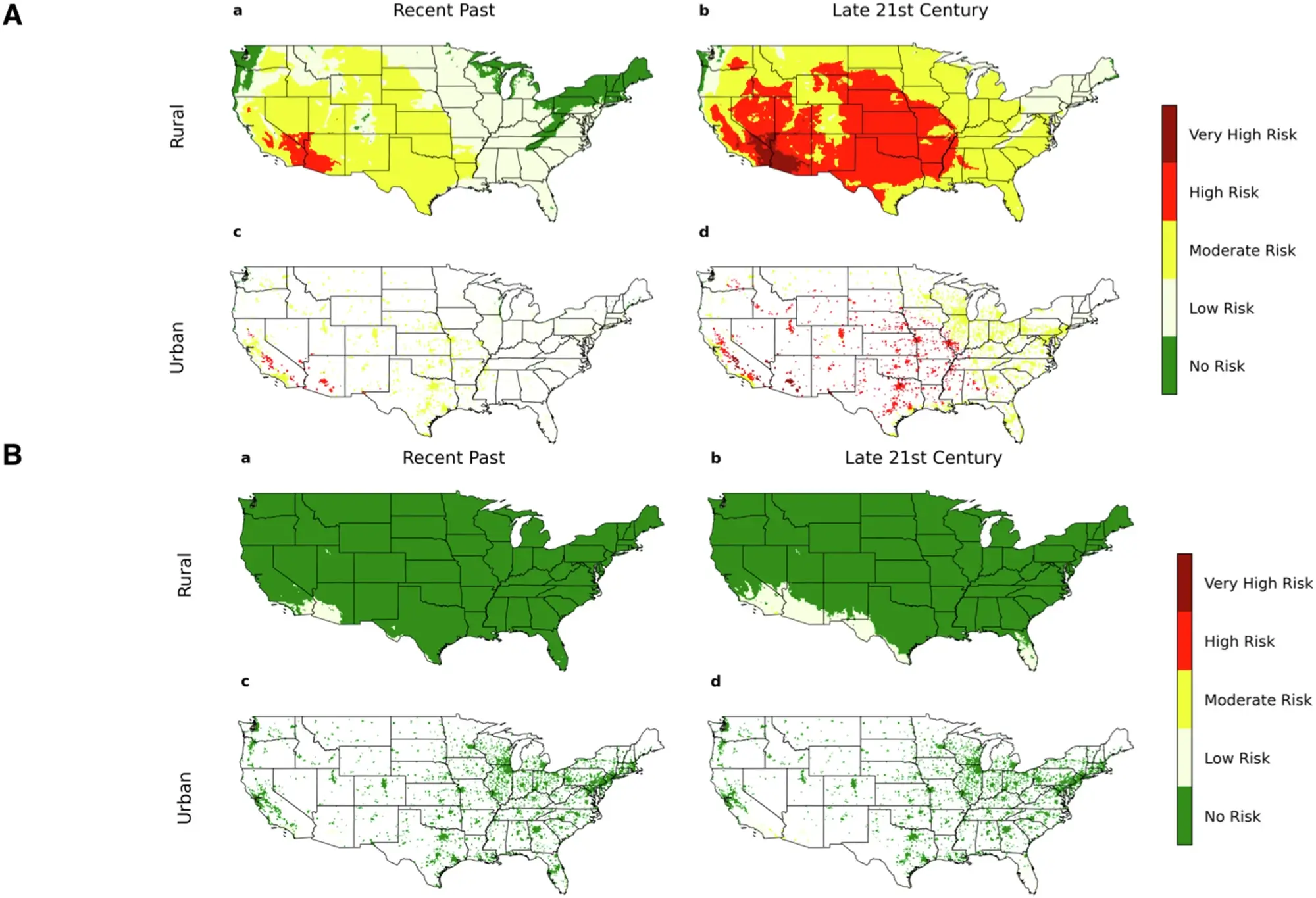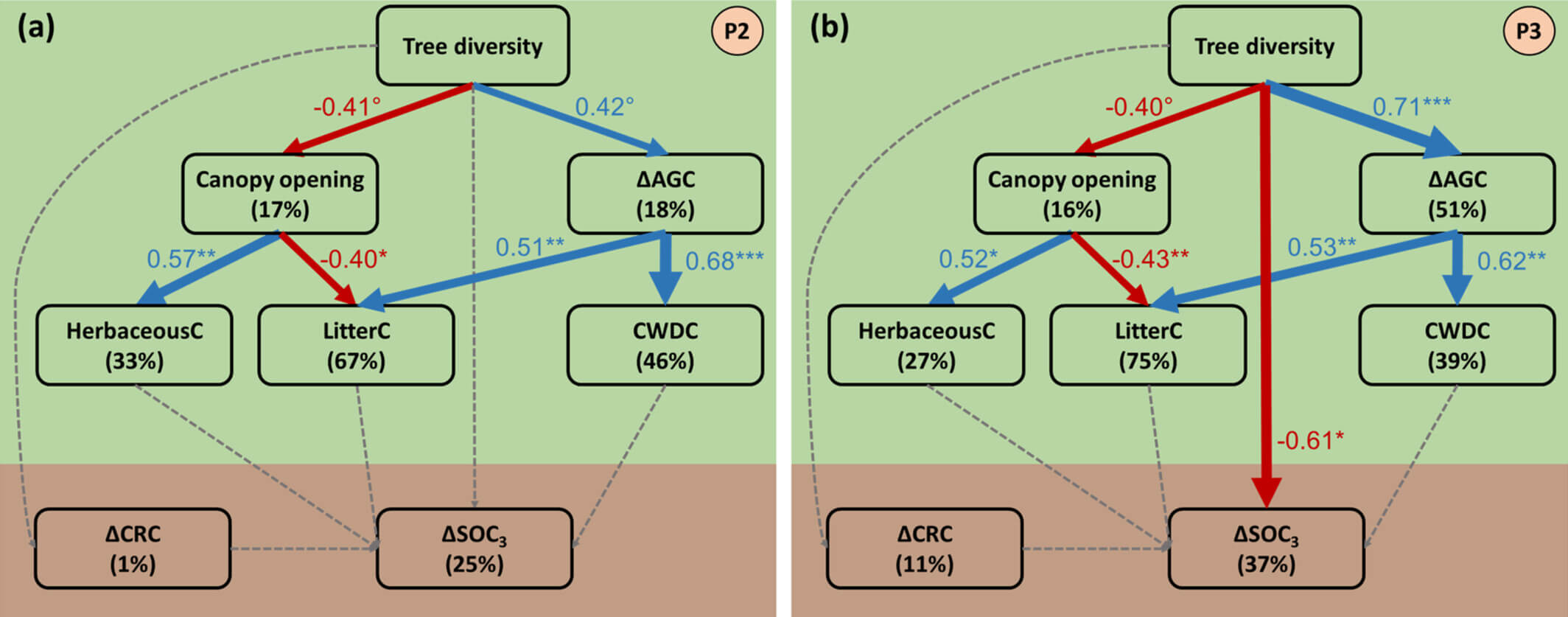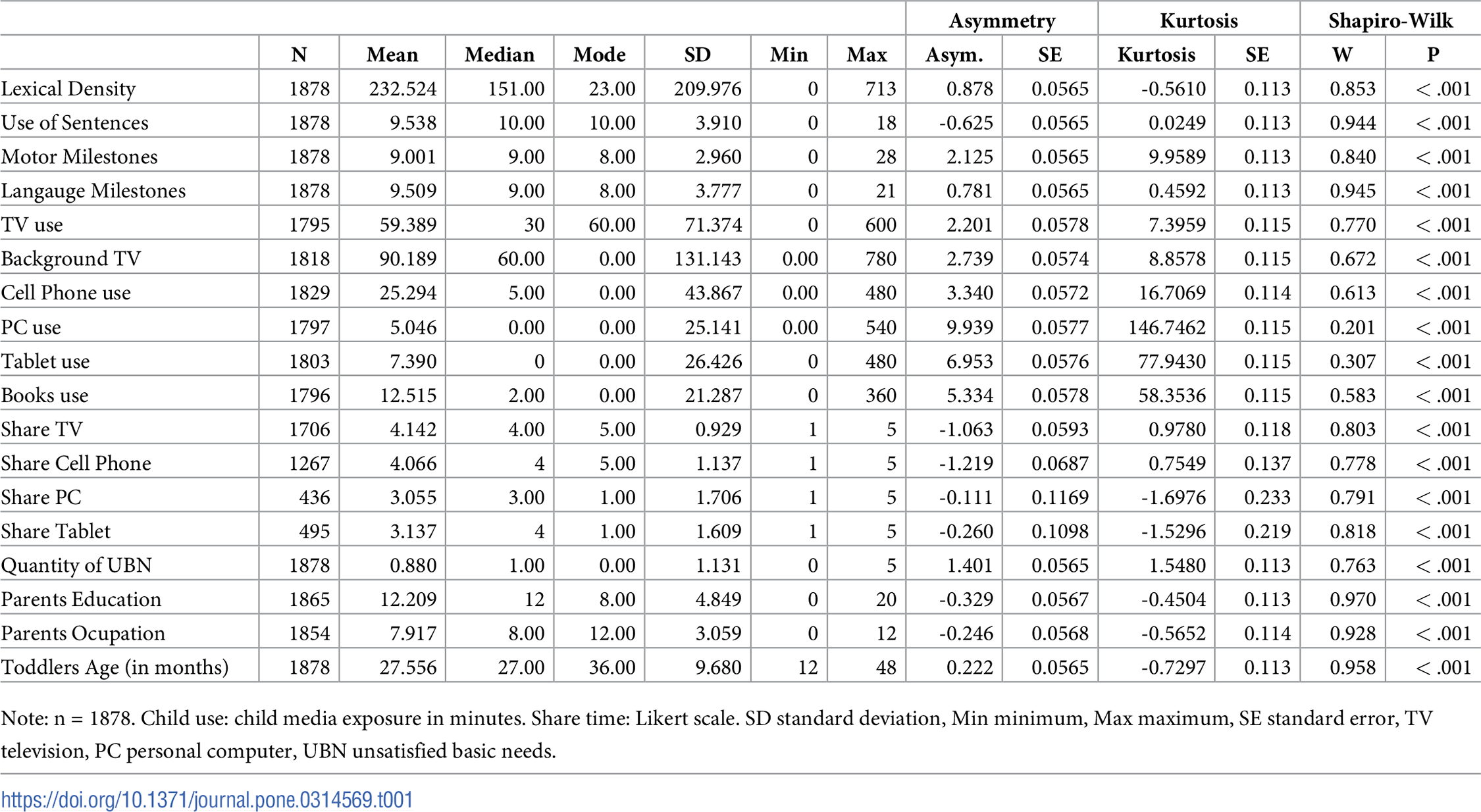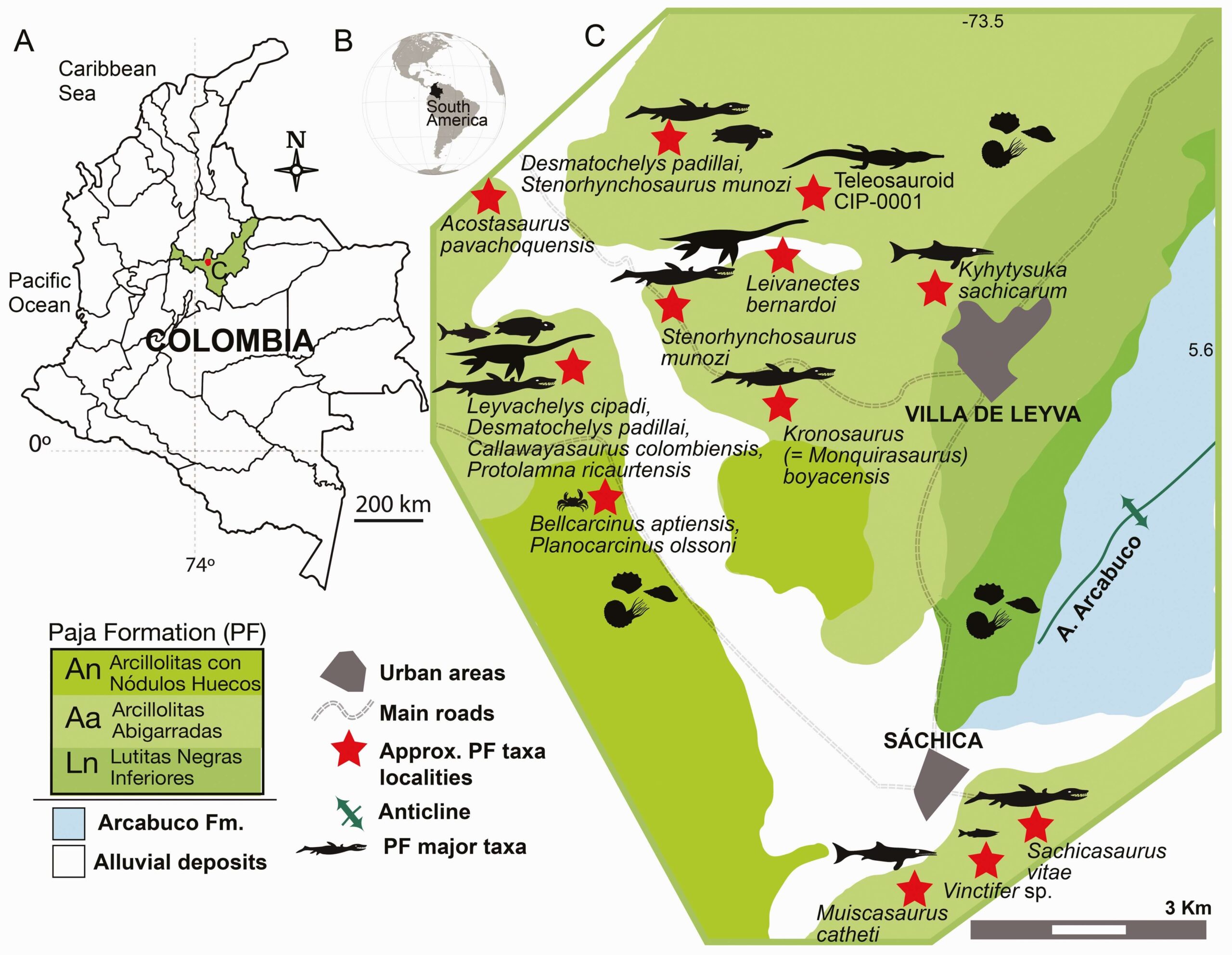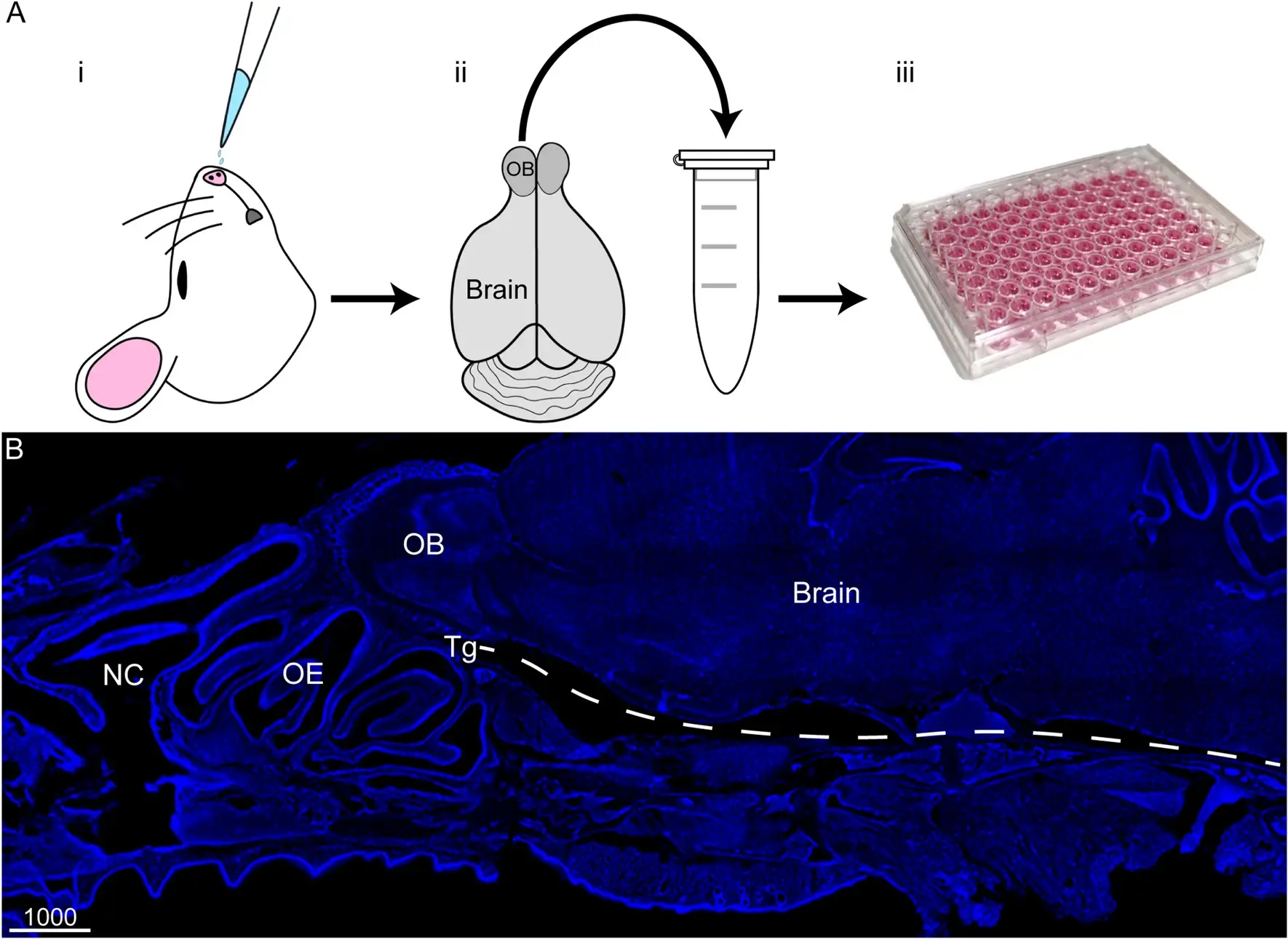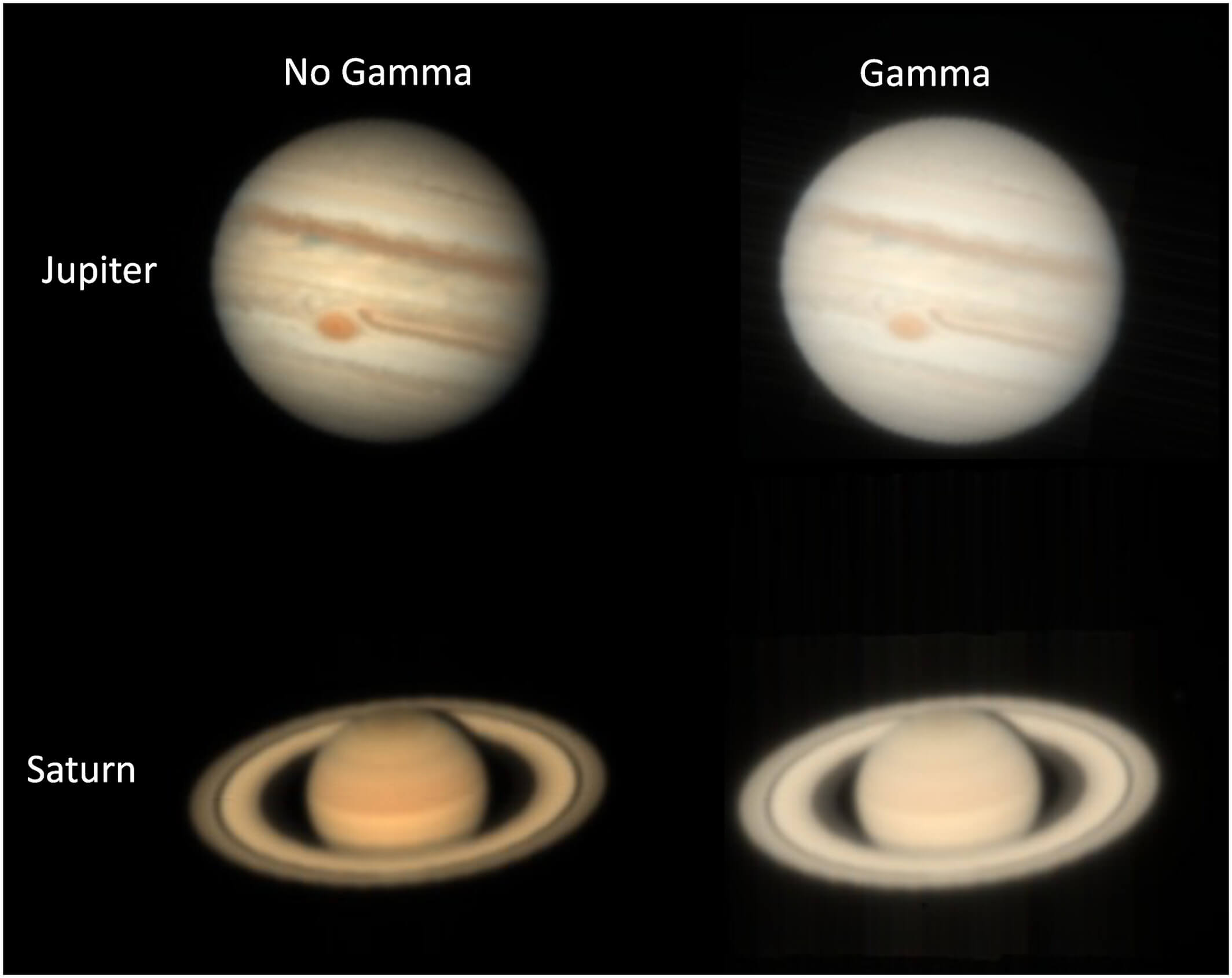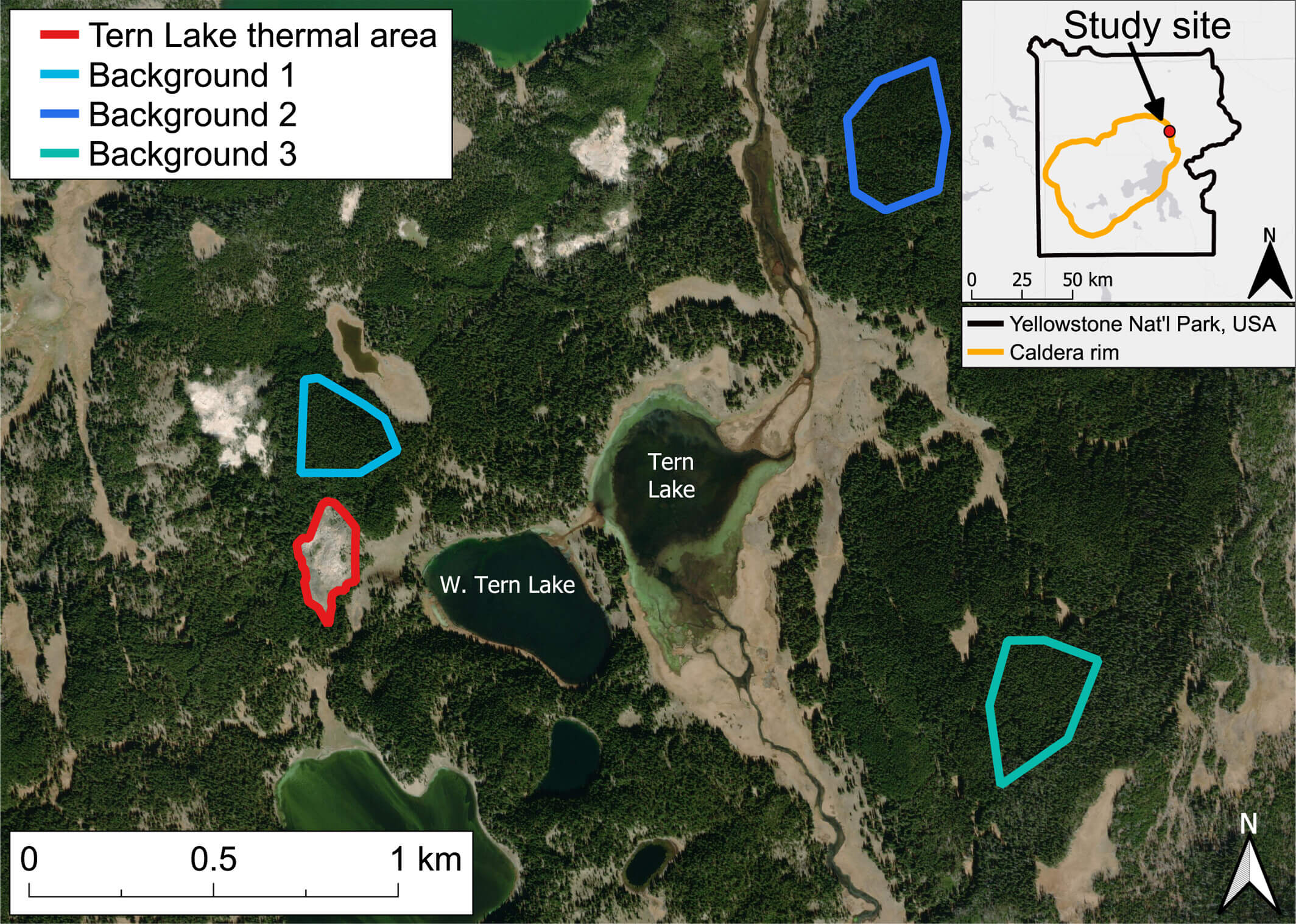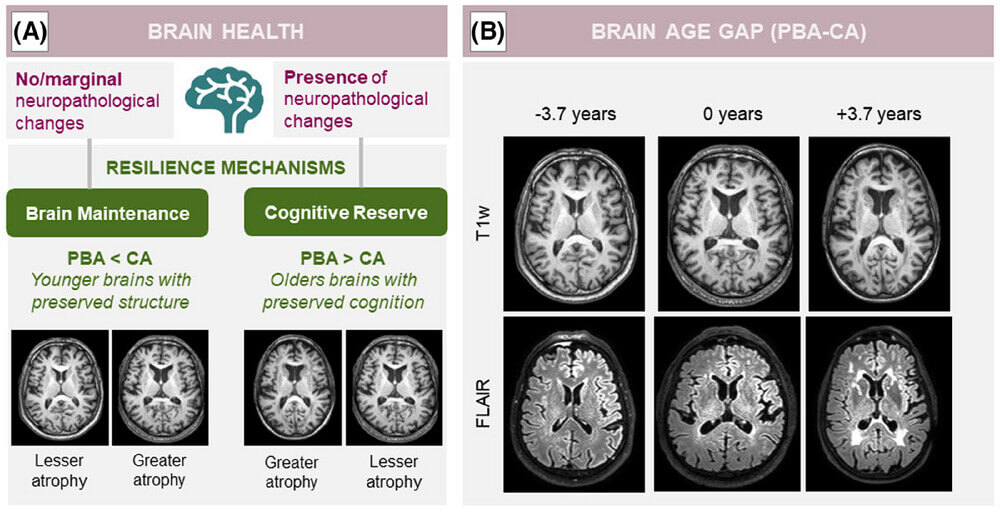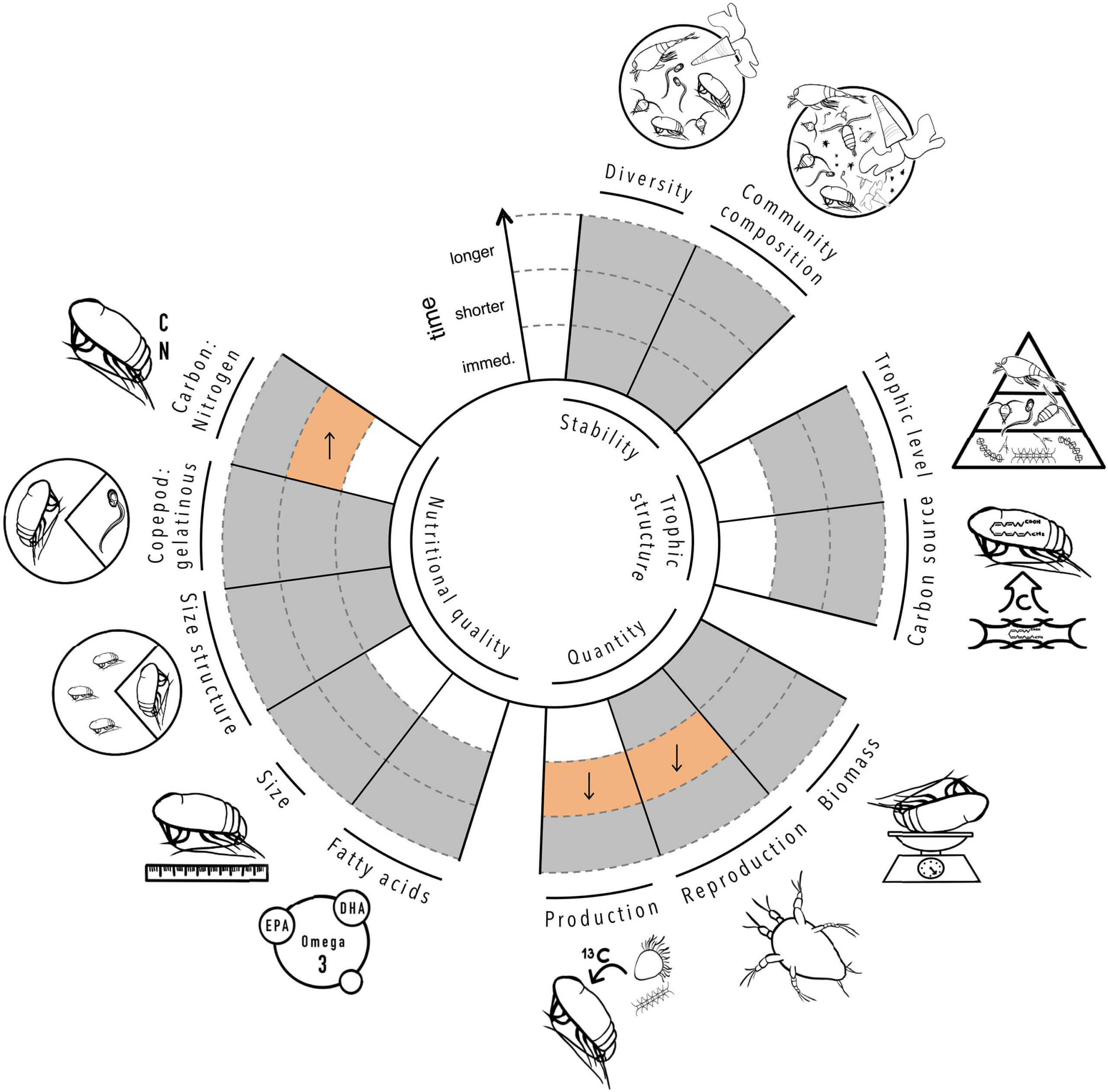
In vast oceanic ecosystems, tiny organisms play a pivotal role in maintaining the balance of the vast oceanic ecosystem. Recent research has revealed how plankton communities, particularly zooplankton, adapt to chemical shifts in ocean waters, offering hope and insight into how marine life copes with environmental changes.
Plankton, often referred to as the “grass of the sea,” form the foundation of the oceanic food web. These microscopic organisms are crucial for the survival of numerous marine species, acting as a primary food source. The study, conducted in the subtropical North Atlantic, focused on how zooplankton respond to Ocean Alkalinity Enhancement (OAE), a technique aimed at reducing ocean acidification by altering seawater’s chemical composition.
Researchers used in situ mesocosms, which are controlled outdoor experiments that mimic natural environmental conditions, to observe how zooplankton communities react to changes in ocean chemistry. The study revealed that plankton food webs remained stable even with the introduction of OAE. This resilience is partly due to the physiological tolerance of zooplankton to moderate chemical changes, suggesting that these organisms can maintain their roles in the food web despite environmental stressors.
Plankton communities in the study showed minimal changes in diversity and trophic structure, which refers to the feeding relationships between organisms in an ecosystem. This is promising news, as it indicates a level of adaptability that could help sustain marine biodiversity in the face of climate change.
Interestingly, the study also highlighted the importance of bottom-up mediation, where changes at the base of the food web, like plankton, can influence higher trophic levels, including fish and other marine animals. By understanding how these foundational species respond to shifts in ocean chemistry, scientists can better predict the broader impacts on marine ecosystems.
Related Posts
The significance of these findings extends beyond marine biology. As oceans absorb a significant portion of human-generated carbon dioxide, their chemistry changes, leading to acidification. Understanding how foundational species like plankton adapt can guide conservation efforts and inform policies to protect marine life.
This research provides a glimpse into the resilience of marine ecosystems, offering hope that these communities can withstand some level of environmental change. As lead researcher Nicolás Sánchez explains, “This study represents a step forward in understanding the complex interactions within marine ecosystems and highlights the potential for certain marine communities to adapt to changing conditions.”
The adaptation of plankton communities to chemical changes not only underscores the incredible resilience of nature but also serves as a reminder of the intricate interdependencies within ocean ecosystems. As we continue to explore and discover the depths of these relationships, each finding brings us closer to safeguarding the future of our oceans and the countless species that call them home.
Reference
Nicolás Sánchez et al. Plankton food web structure and productivity under ocean alkalinity enhancement.Sci. Adv.10,eado0264(2024). DOI:10.1126/sciadv.ado0264

